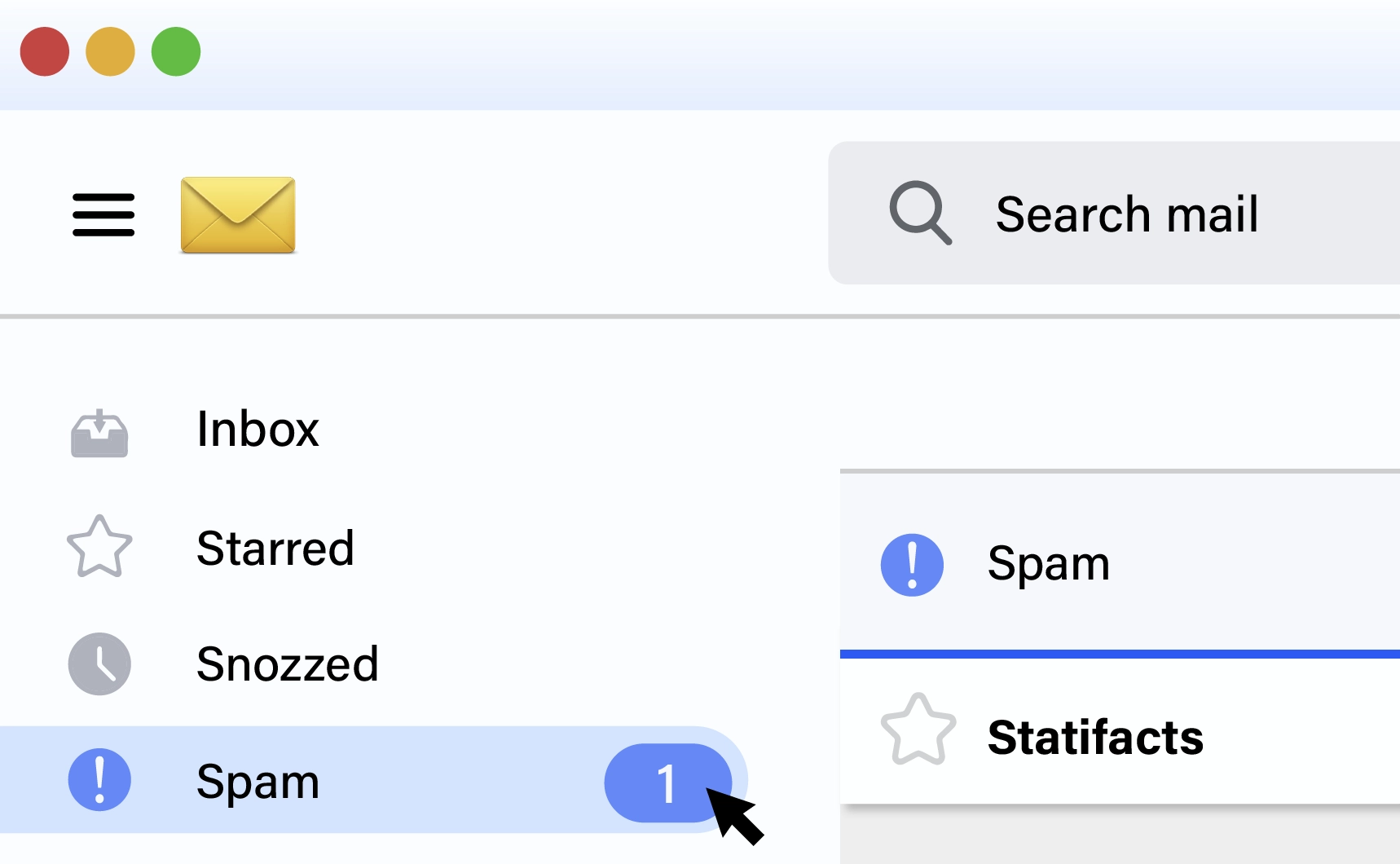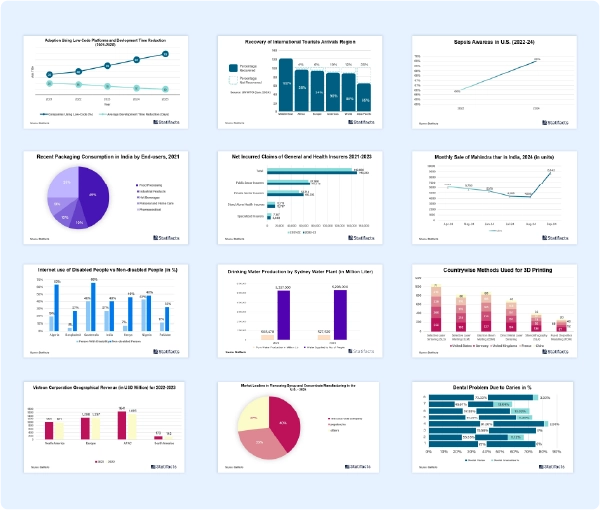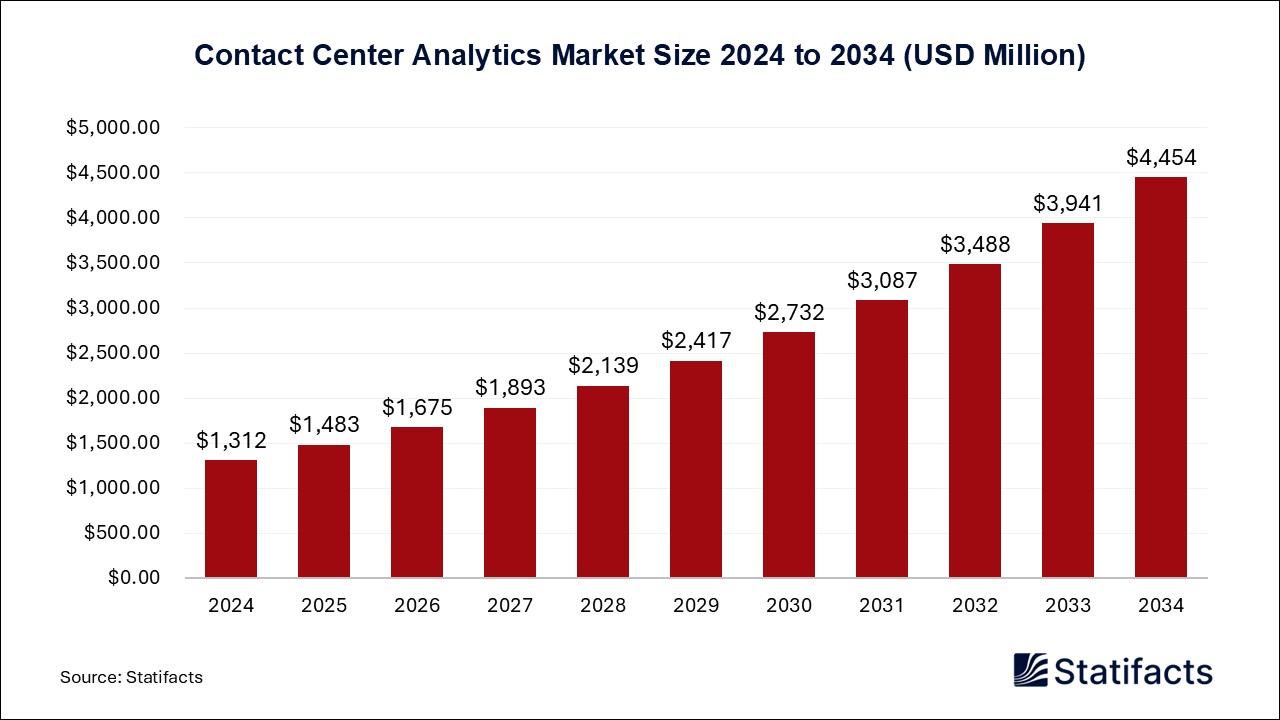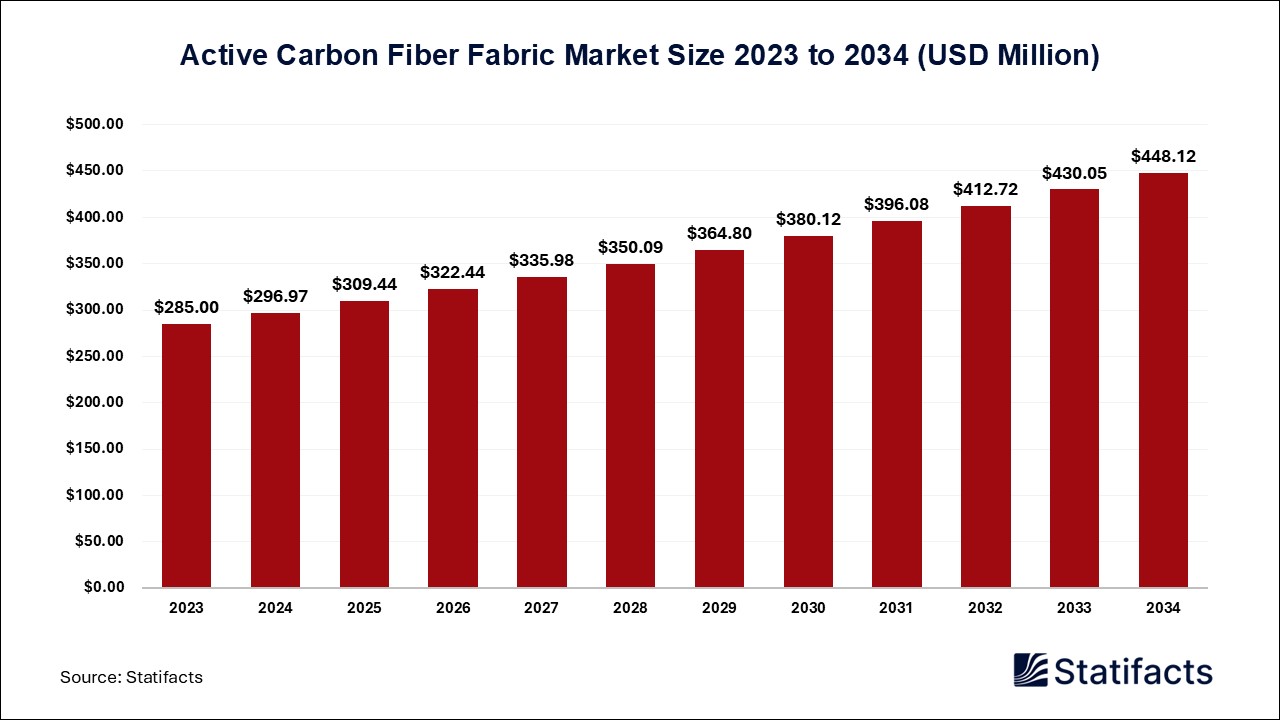

Our customers work more efficiently and benefit from
The global oncology biosimilars market size accounted for USD 6,550 million in 2024 and is expected to exceed around USD 36,370 million by 2034, growing at a CAGR of 18.7% from 2025 to 2034.
| Industry Worth | Details |
| Market Size in 2024 | USD 6,550 Million |
| Market Size in 2025 | USD 7,770 Million |
| Market Size by 2034 | USD 36,370 Million |
| Market Growth Rate from 2025 to 2034 | CAGR of 18.7% |
The oncology biosimilars market is undergoing rapid growth due to the escalating prevalence of cancer, leading to a spike in demand for cost-effective biologic therapies. Biosimilars are biosimilar modulated therapies that claim to have similar efficacy and safety as their reference biologics but at lower costs. This creates access, therefore representing a paradigm shift in cancer treatment. This is further propelled by the growing number of regulatory approvals and ongoing research in the development of biosimilars. These factors, combined with the rising push for affordable healthcare solutions and increasing adoption in the market, will contribute positively to massive growth during the coming few years.
One of the major factors staying in demand for the oncology biosimilars market is an increase in the global incidence of cancers attributed to high exposure to risk factors such as alcohol, tobacco, obesity, and air pollution. Due to the large number of new cases every year worldwide, cancer is still the second-largest cause of mortality. With the high cost of biological therapies, the necessity for cheaper alternatives has gained momentum. Similarly, biosimilars provide therapeutic comparability but at a reduced cost, thereby improving affordability both for healthcare providers and patients.
Governments and healthcare organizations are keen to ensure the wide acceptance of biosimilars to improve treatment access. Biosimilars have been developed by such international governmental organizations as the European Medicines Agency and the American Food And Drug Administration. This improvement in the approval process has led to the boosting of the oncology biosimilars market. In addition, the introduction of favorable policies toward the promotion of biosimilar substitutions and reimbursement programs has hastened the global entry of novel oncology biosimilars into the market.
The market is also expected to benefit from increased approvals as regulatory frameworks are further being developed, thus boosting competition, which in turn helps reduce treatment costs further. New innovations and expansion in market access continue to be a key focus for the oncology biosimilars market, with significant research and development investments. In seeking to demonstrate the viability of biosimilars and obtain market approval, pharmaceutical companies are frequently conducting cancer clinical trials. To foster innovation and rapid market proliferation, partnerships and collaborations between biotech companies and large pharmaceutical houses are encouraged.
Despite regulatory approvals, the adoption of oncology biosimilars faces challenges due to concerns about interchangeability, immunogenicity, and long-term efficacy. Physicians may hesitate to switch patients from originator biologics to biosimilars due to a lack of long-term clinical data. Additionally, patient awareness and confidence in biosimilars remains a hurdle, as many individuals are unfamiliar with their safety and effectiveness. Education initiatives and real-world evidence demonstrating biosimilar efficacy will be crucial in overcoming these adoption barriers.
Artificial intelligence is revolutionizing the oncology biosimilars market by streamlining drug discovery, optimizing clinical trial designs, and improving regulatory submissions. AI-powered analytics can identify promising biosimilar candidates by analyzing large datasets on biological structures and patient responses. In clinical trials, AI enhances patient recruitment, monitors real-time data, and predicts trial outcomes, leading to faster approvals. Additionally, AI-driven tools assist in pharmacovigilance by tracking biosimilar safety and efficacy, boosting confidence among physicians and regulatory agencies.
The adoption of oncology biosimilars is increasing in emerging markets due to growing healthcare investments and supportive regulatory reforms. Countries in Asia-Pacific, Latin America, and the Middle East are implementing policies to promote biosimilar accessibility, creating new growth opportunities for market players. The integration of biosimilars into combination therapies with immunotherapy and targeted therapies is expanding treatment possibilities. Combination regimens are showing promising results in clinical trials, positioning biosimilars as key components of future oncology treatment protocols.
Published by Laxmi Narayan , March 2025
For any questions about this dataset or to discuss customization options, please write to us at sales@statifacts.com
| Stats ID: | 8058 |
| Format: | Databook |
| Published: | March 2025 |
| Delivery: | Immediate |
| Price | US$ 1550 |



| Stats ID: | 8058 |
| Format: | Databook |
| Published: | March 2025 |
| Delivery: | Immediate |
| Price | US$ 1550 |

You will receive an email from our Business Development Manager. Please be sure to check your SPAM/JUNK folder too.

Unlock unlimited access to all exclusive market research reports, empowering your business.
Get industry insights at the most affordable plan
Stay ahead of the competition with comprehensive, actionable intelligence at your fingertips!
Learn More Download
Download

